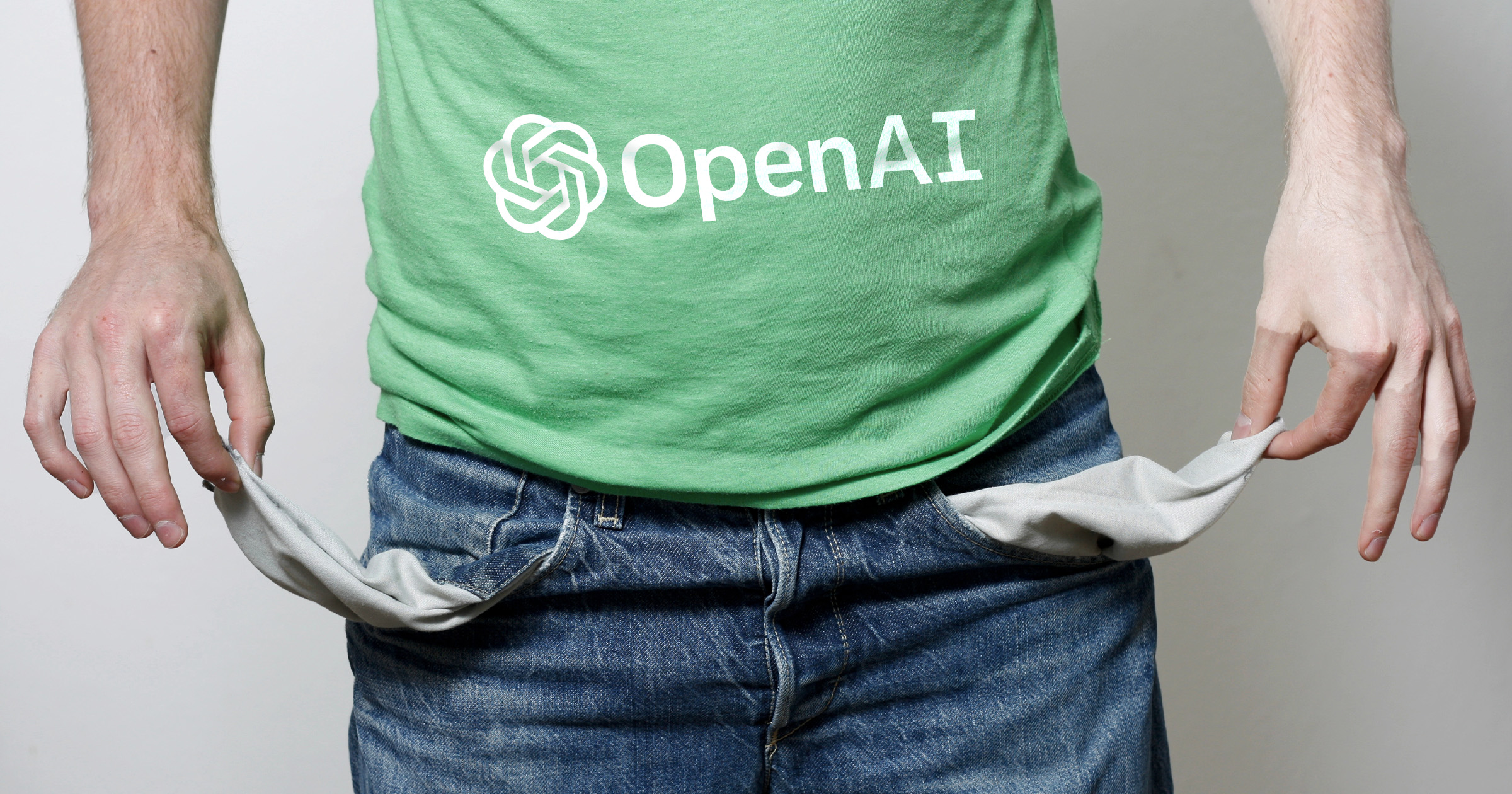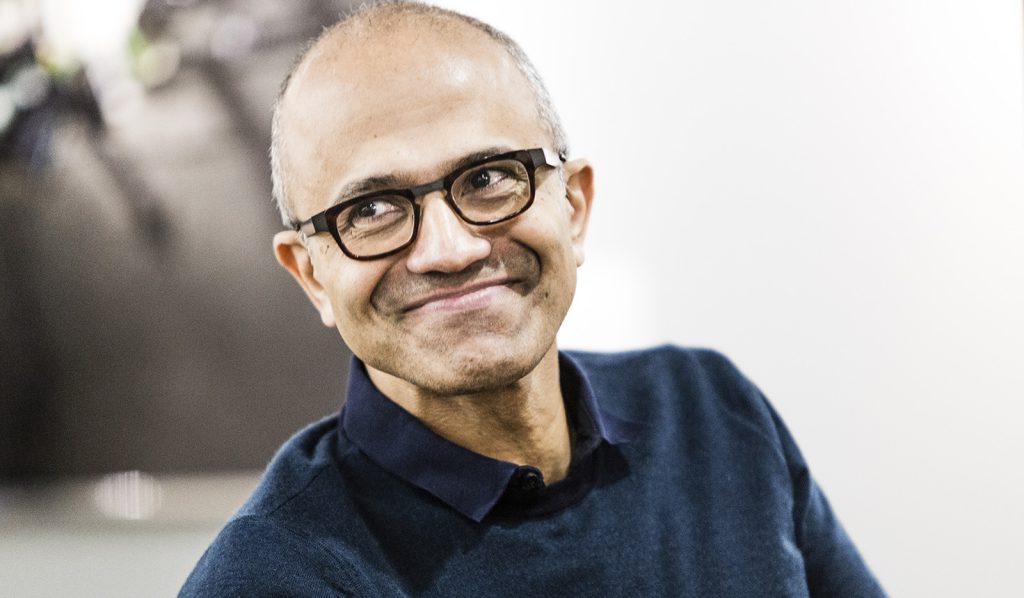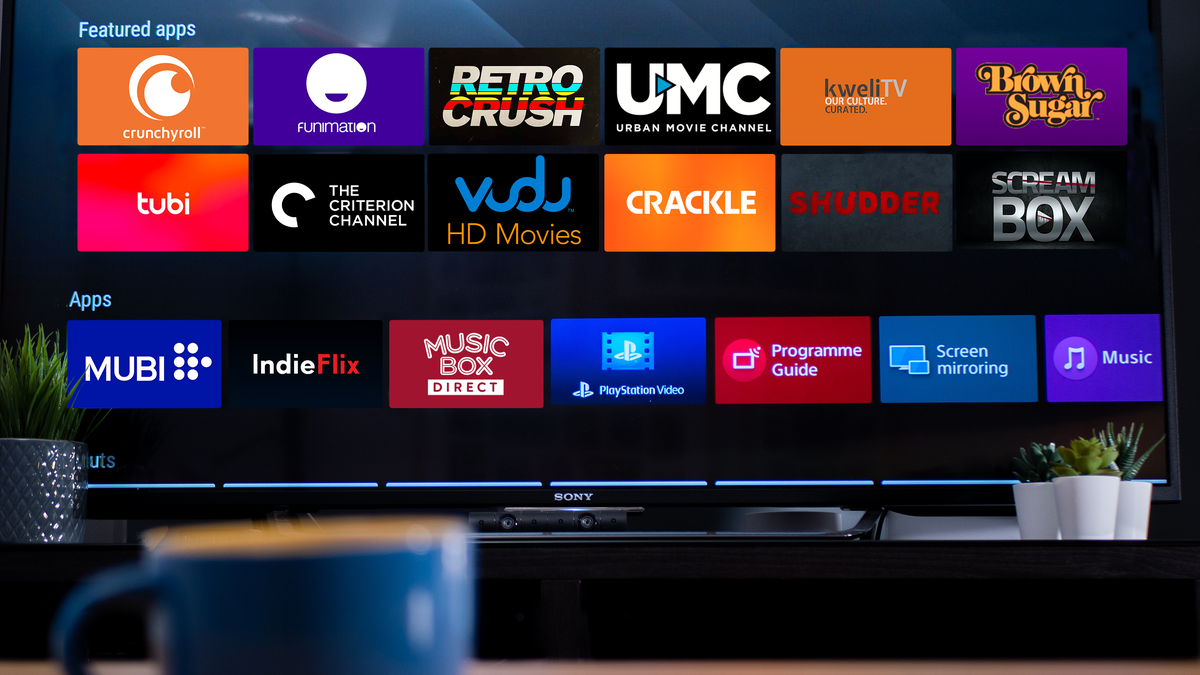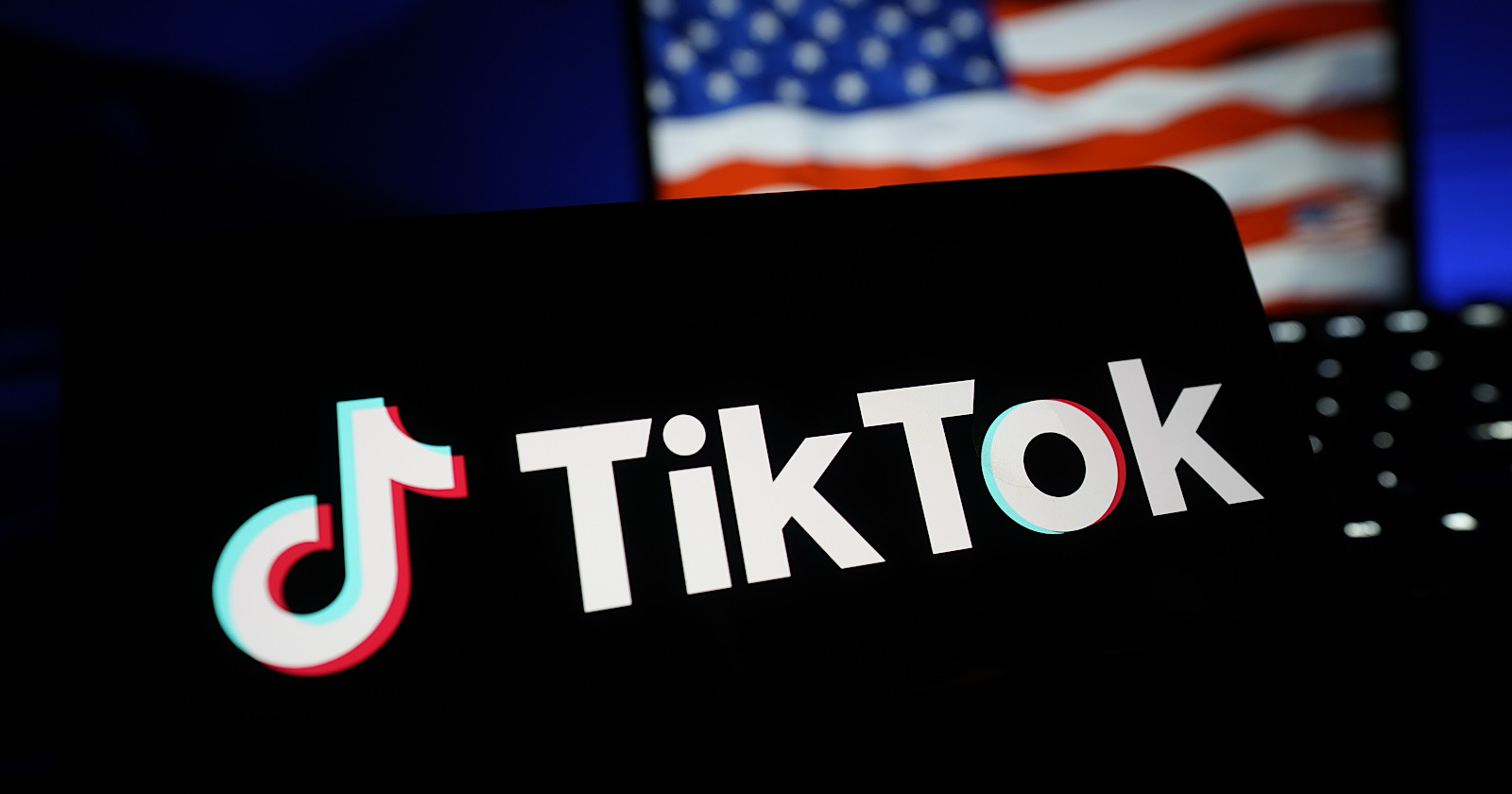Is the AI bubble about to pop? Internal documents reveal OpenAI may go bankrupt within 12 months
OpenAI could make US$5 billion in losses this year, and may be bought out by a tech giant for its long-term survival.

According to an analysis by The Information, which received access to previously undisclosed internal financial data and insider information, OpenAI is burning through billions of dollars to keep itself alive.
Net losses for 2024 alone are expected to hit US$5 billion, which isn’t reassuring for a business which has thus far raised “only” US$11 billion from Microsoft and a handful of other investors (and most of it not even in cash).
The company spends US$7 billion on training its GPT models, with additional US$1.5 billion in staffing expenses.
It makes back anywhere between US$3.5 to US$4.5 billion in ChatGPT subscriptions and access fees, barely covering its operating costs, as running ChatGPT costs at least US$700,000 per day — or more, given that the above figure was quoted last year.
Asset rich, cash poor
You may remember Microsoft’s bold investment of US$10 billion announced in January of last year, which followed a billion it injected into OpenAI in 2019.
What was less publicised is the fact that only a small portion of the sum was transferred in cash, with the bulk coming in the form of Azure cloud compute credits which tied the company even closer to Microsoft.
It’s no wonder then that Satya Nadella, Microsoft’s CEO, privately boasted that it wouldn’t matter if OpenAI “disappeared tomorrow” because his company has all the “rights and capability” and implied total control over the popular startup: “We are below them, above them, around them” (revealed in court documents from the lawsuit filed by Musk against OpenAI):
 Musk v Altman OpenAI complaint
Musk v Altman OpenAI complaint Nevertheless, while OpenAI may be running low on money, its intellectual property, human capital, and currently most trusted and, in many ways, most impressive AI services are undoubtedly worth billions.
It just needs an occasional injection to stay alive.
OpenAI is here to stay, the question is: in what form?
Of course, nobody, least of all Microsoft, will let OpenAI simply go bust and die. The company’s achievements make it very valuable to all potential bidders.
Even if, on paper, it has a very short financial runway — likely less than 12 months — it’s not going to have any problems finding a wealthy suitor, especially as the companies vying for AI supremacy are worth trillions.
At the same time, however, none of them is going to merely let it do as it pleases with their funds, given how fundamental artificial intelligence is expected to be to the future of the entire planet. They want to control it.
Nadella’s ominous words may suggest that Microsoft may be waiting to pounce and simply absorb OpenAI in one way or another. Or present it with a lifeline offer it can’t refuse.
 Microsoft’s CEO, Satya Nadella / Image Credit: Microsoft
Microsoft’s CEO, Satya Nadella / Image Credit: MicrosoftThe most recent valuation of US$80 billion may seem impressive until you consider that Microsoft is valued in excess of US$3000 billion and it has a substantial pile of cash worth about as much as the entire OpenAI right now.
We’re not privy to the details of their 2023 agreement but it’s clear that the giant from Redmond has covered its bases and will react to all developments accordingly. That is unless it hasn’t already through some IP-sharing obligations, which would guarantee it access to everything that Sam Altman and his engineers develop.
Alphabet or even Apple could be other potential saviours.
Google could shore up its AI team with knowledge and talent from the main competitor, while Apple could just leapfrog everyone from behind and bankroll OpenAI with its treasure trove of money for quite a while if need be.
Given how vast the financial requirements for AI development are, it doesn’t seem likely that OpenAI can survive as a standalone business with only limited external investment. It needs a wealthy patron who is likely to swallow it up at some point unless Altman can come up with new revenue streams.
SearchGPT could be one potential breakthrough, followed by the eagerly anticipated GPT-5 in 2025, if it brings impressive new functionalities that users are willing to pay for.
If that doesn’t work, we might soon witness OpenAI becoming merely a division of one of the Big Tech giants.
Time is not on its side, given the warnings of an impending pop of the AI bubble, which would not only put a strain on its finances but valuation as well, turning it into a bargain for one of the big guys. Perhaps that’s what they are waiting for, though?

 Tekef
Tekef 
































